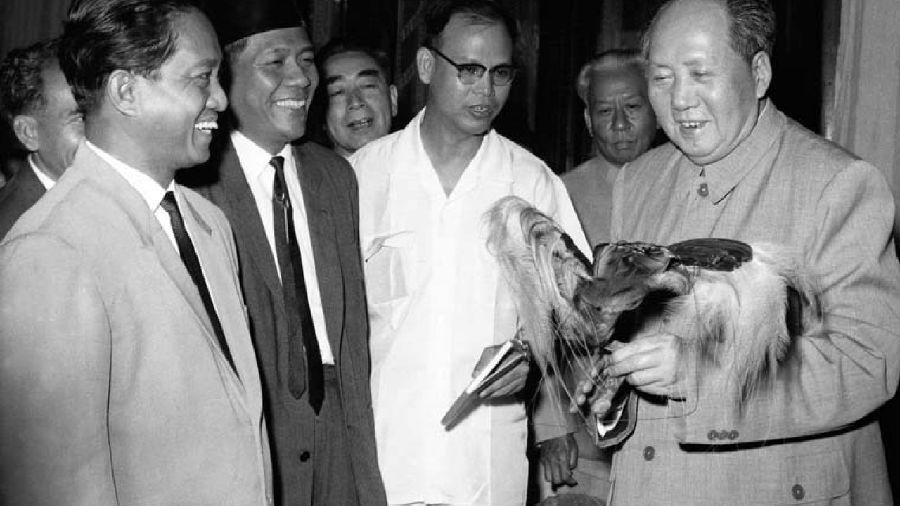From there, bin Laden and his terrorist group, which came to be known as al-Qaeda,
在阿富汗,本·拉登和他的恐怖主义分子,也就是之后的基地组织,
lashed out against countries, both Western and Arab, which offended bin Laden's ideas about world rule.
对西方国家和阿拉伯国家展开了一系列袭击,因为它们违背了本·拉登关于世界统治的看法。
Fear of another Vietnam also affected the West's response to the former nation of Yugoslavia.
因为担心另一个越南的产生,西方对前南斯拉夫的反应也有所改变。
Created in 1919, as part of the Versailles Treaty, Yugoslavia had been made up of various smaller nationalities,
南斯拉夫建立于1919年,按照《凡尔赛条约》的规定,南斯拉夫由很多个小民族共同组成,
such as the Serbs, Croats, Slovenes and Bosnians, and of various faiths, including Catholicism, Eastern Orthodoxy and Islam.
有塞尔维亚人、克罗地亚人、斯洛文尼亚人和波斯尼亚人,他们信仰不同的宗教,包括天主教、东正教和伊斯兰教。
An ineffective monarchy before the Second World War,
南斯拉夫在二战前由软弱的王室进行统治,
Yugoslavia emerged as a strong and semi-independent communist state, led by Marshal Joseph Tito.
之后成为强硬和半独立的共产主义国家,受约瑟普·布罗兹·铁托将军的领导。

But once the Soviet client state network had crumbled, each of the Yugoslavian peoples wanted to go its own way.
但一旦这个苏联附庸国的整个体系瓦解,南斯拉夫内各民族都想要按自己的方式行事。
However, the different nationalities and different faiths had long since been hopelessly entangled with each other.
然而,这些不同的民族和不同的信仰之前一直都交织在一起。
The region of Bosnia was a prime example.
波斯尼亚地区就是最好的例证。
Settled by Orthodox Serbs, Catholic Croats and Bosnian Muslims, the natives of Bosnia had been at each other's throats, literally for centuries.
这里既有信奉东正教的塞尔维亚人、天主教克罗地亚人,还有波斯尼亚的穆斯林、波斯尼亚当地人几个世纪来一直是他们的传话筒。



